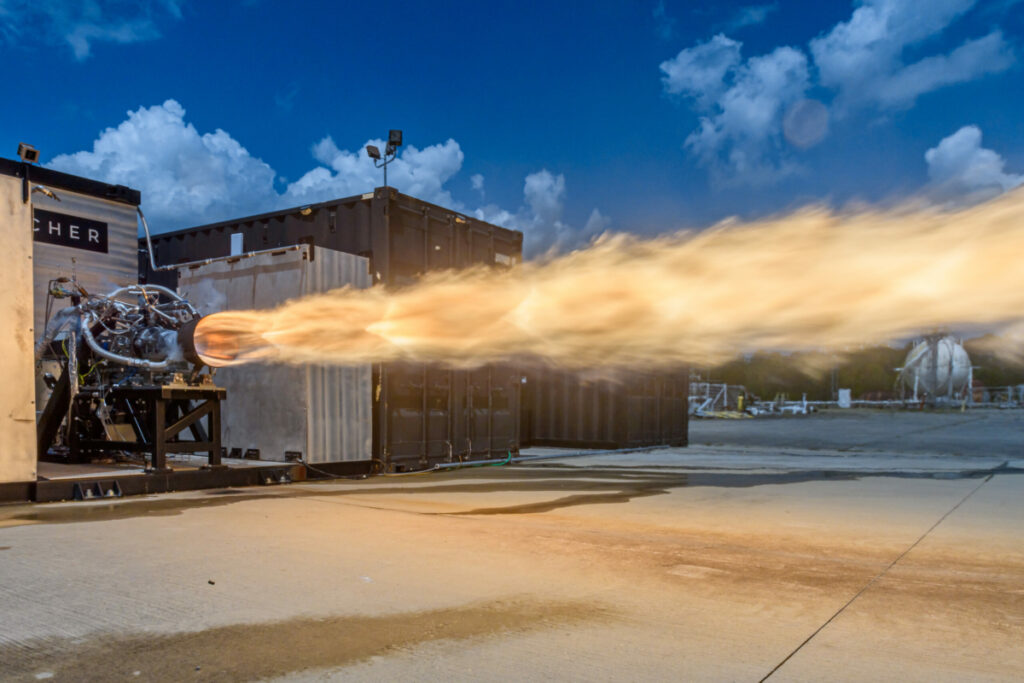Vast, a company developing artificial gravity space stations, is acquiring Launcher, a startup active in the space industry.
The deal gives Vast, which is based in El Segundo, an established set of talent to accelerate in-house manufacturing and development capabilities, as well as spacecraft technologies, according to a release from the company.
Additionally, Vast plans to use a Launcher spacecraft, named Orbiter, to develop and test its on-orbit space station components and subsystems.
Jed McCaleb, founder and chief executive of Vast, said the Vast team will be greatly enhanced by combining with Launcher.

“We have all been extremely impressed with what they have achieved so far,” McCaleb said in a statement. “Speed of execution is a critical element of our mission and Launcher has shown that this is in their DNA.”
In addition to the Orbiter, Launcher is also developing a rocket engine dubbed the E-2.

Vast will continue working with the Orbiter spacecraft and hosted payload products, as well as with the E-2, and will focus on liquid rocket engine products instead of developing its own launch vehicle. Orbiter will continue to support current and future payload customers.
All of Launcher’s employees will join Vast as it begins relocating to a new 115,000-square-foot facility in Long Beach; the move is expected to be completed this summer. The startup is currently based in Hawthorne. Launcher’s founder, Max Haot, will join Vast as president and will oversee the Orbiter, E-2 and space station programs, as well as the company’s engineering, manufacturing, marketing, finance and facilities teams.
Haot said the company’s investors, customers and partners are in full support of the deal and excited for what comes next.
“By joining the Vast team, we are able to work with an incredible team of experienced engineering professionals currently at Vast and further pursue and develop our products and technologies to date, to include our Orbiter (spacecraft) and hosted payload products as well as our high-performance staged combustion rocket engine, E-2,” Haot added in a statement.
“We are really looking forward to joining forces to accelerate our quest to make commercial space habitation a reality,” McCaleb added in his statement.
Vast was founded by McCaleb in 2021 to design and build artificial gravity space stations.
“Vast’s mission is to enable a future where millions of people are living across the solar system,” McCaleb said in a statement announcing the company. “The solar system has an incredible amount of resources. If we had access to those resources, our civilization could grow and thrive while preserving our planet. Once large populations of humans can live in space, we can create the industry and infrastructure needed to access those resources at-scale.”
